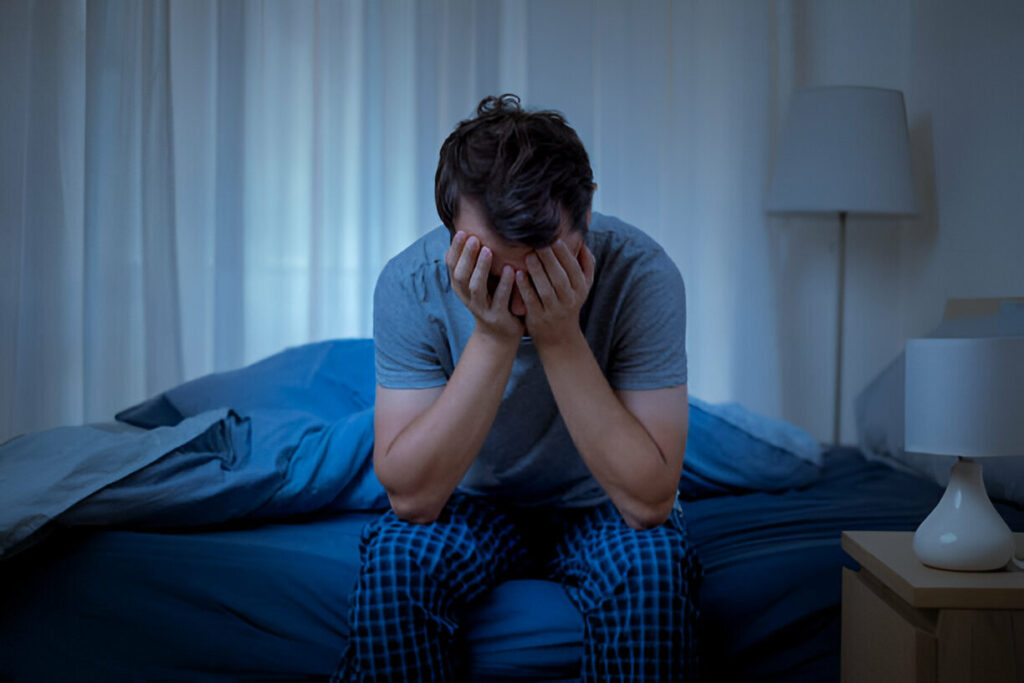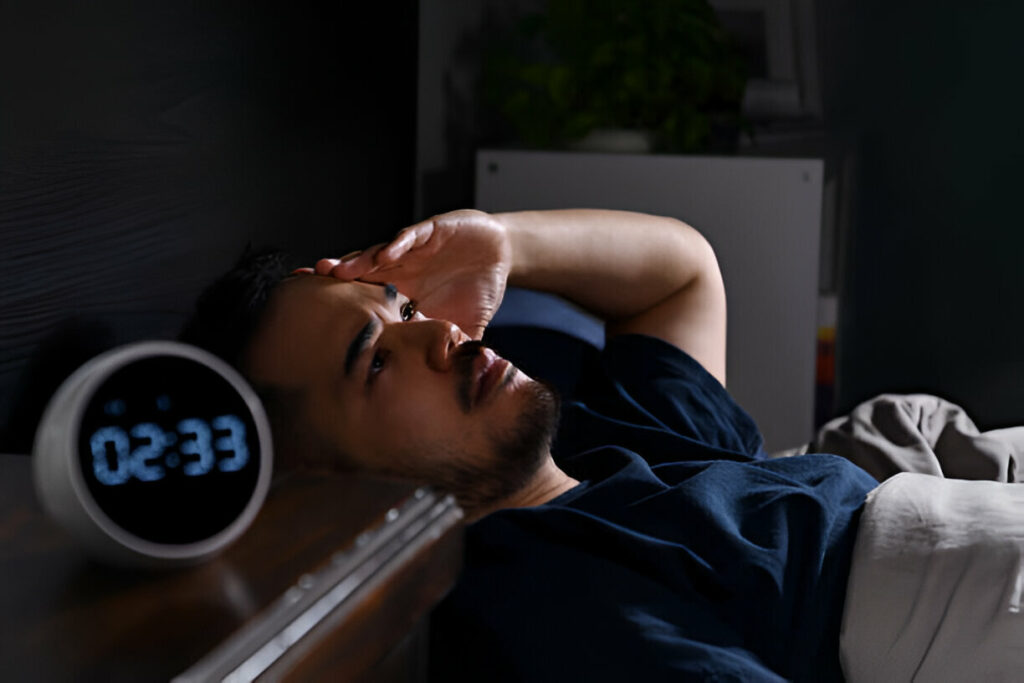Sleep deprivation has long been linked to poor health, but a new diabetes study suggests bad sleeping habits in general can increase the risk of diabetes, even oversleeping!

Author of the study, Femke Rutters, carried out the research at the Vrije Medical University in the Netherlands. She highlighted the lack of any clear explanation for why there is a connection between diabetes and poor sleep as a reason to carry out the study. Its conclusions show that diabetes and sleep are major considerations for people at risk of developing the disease, especially amongst the male population. Furthermore, oversleep may be as big a problem as sleep deprivation itself.
The Study
The research team hypothesized that sleep deprivation may have a negative effect on insulin resistance; one of the key reasons diabetes develops. The study therefore explored the sleep behaviour patterns of 788 women and men. All of the participants had no history of diabetes and anyone with high blood pressure, obesity, heart disease or elevated cholesterol were excluded from the study. This allowed the research team to eliminate other causal factors of diabetes and to focus purely on sleep patterns and routines.
Participants wore sophisticated motion detectors. When people were going to sleep these detectors would be taken off. If a detector was motionless for more than an hour then that was measured as “sleep”. This provided a measurement of sleep duration and habit for each of the participants.
On average, participants slept around 7.3 hours per night which is in line with current health recommendations, however, there were participants who slept for significantly shorter or longer durations. At the end of the study, each participant’s insulin resistance was recorded, and the findings were startling.
The Findings
The results will shock many sleep and diabetes researchers around the world. According to the study there is a massive difference between how women and men react to sleep deprivation, and, more importantly, bad sleep habits in general – with particular focus on oversleeping. There have been other studies which have indicated a link between diabetes and sleep deprivation, but where this study differs is that it shows there is a risk to health with oversleeping as well.
The female participants had less insulin resistance if they slept less than average, but also if they slept more than average. This in of itself is a puzzling find. Yet it is in the male population where there should be the biggest concern. The male participants showed that those who significantly over or under slept increased their insulin resistance. This would therefore put them at a higher risk of developing type 2 diabetes.
The take away point from this study would be that men are more adversely affected by poor sleeping habits than women, and that this increases the incidence of diabetes.
Shortcomings With the Study
Dr James Gangwisch, who has published other studies which contradict these findings, urges caution. He outlines the criticisms of this study as:
- The study doesn’t take into consideration what people were eating, which is a big indicator of insulin resistance. This could have skewed the data.
- The devices used to measure if participants were asleep weren’t very accurate. The motion sensors would not detect if someone was lying in bed but actually awake.
- Participants might have removed the motion detectors when feeling uncomfortable and not reported this. Therefore a person could have been awake and walking around, and not asleep.
Is Too Much and Too Little Sleep A Factor in Diabetes?

While sleeping too little undoubtedly has an effect on insulin resistance for the worse, this study does raise the interesting question of whether this applies to both male and female genders. More data is required, and so future studies will no doubt investigate these findings. What’s certain is that too much sleep and too little sleep both can have negative impacts on health – around 8 hours of sleep a night is optimal and might help to alleviate the onset of type 2 diabetes.
What do you think about this study? Do you feel healthier when you’ve slept a certain amount? Let us know in the comments section below, and as always, please share our website so that we can all Fight Diabetes!
